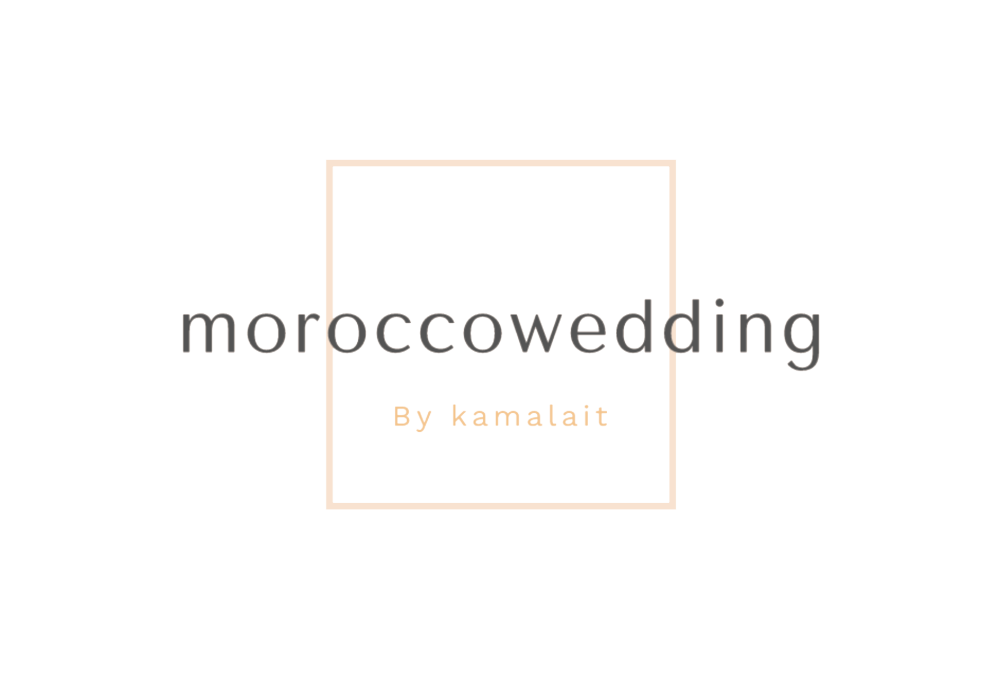Introduction: Step into the enchanting world of Moroccan weddings, where ancient traditions blend seamlessly with modern romance to create a celebration like no other. From vibrant colors to intricate rituals, a Moroccan wedding is a feast for the senses, filled with music, dance, and culinary delights. Join us as we journey through the richness of Moroccan wedding customs, exploring the traditions that have been passed down through generations.
- The Rich Tapestry of Moroccan Culture: Morocco is a land of diverse cultural influences, from Berber to Arab, Andalusian to Sub-Saharan African. This tapestry of cultures is beautifully woven into the fabric of Moroccan weddings, creating a unique and unforgettable experience. From the moment the engagement is announced, families come together to plan and prepare for the joyous occasion, drawing on age-old customs that have been cherished for centuries.
- The Splendor of Moroccan Wedding Attire: One of the most striking aspects of a Moroccan wedding is the attire worn by the bride, groom, and their guests. Traditional Moroccan weddings are a riot of color, with brides adorning themselves in elaborate kaftans adorned with intricate embroidery and embellishments, while grooms don handsome jellabas or modern suits with a touch of Moroccan flair. Guests also dress to impress, with women donning beautifully embroidered takchitas and men opting for traditional djellabas or modern suits.
- Rituals and Ceremonies: Moroccan weddings are steeped in rituals and ceremonies that reflect the cultural heritage of the country. From the henna ceremony, where the bride’s hands and feet are adorned with intricate designs symbolizing protection and fertility, to the traditional procession known as the “Zaffa,” where the bride and groom are escorted to the wedding venue amidst music, dancing, and joyful celebration, each ritual carries deep meaning and significance.
- Culinary Delights: No Moroccan wedding would be complete without a feast fit for a king. Moroccan cuisine is renowned for its bold flavors and aromatic spices, and weddings are the perfect opportunity to indulge in an array of mouthwatering dishes. From savory tagines and couscous to sweet pastries and refreshing mint tea, guests are treated to a culinary journey that delights the senses and leaves them craving more.
- Music, Dance, and Celebration: Music and dance are at the heart of Moroccan weddings, providing a soundtrack of joy and celebration that lasts long into the night. Traditional instruments such as the oud, bendir, and qraqeb fill the air with mesmerizing melodies, while guests dance the night away to the rhythm of the chaabi, a lively Moroccan folk music genre. Whether it’s the spirited dance of the Berbers or the graceful movements of Andalusian-inspired dances, Moroccan weddings are a celebration of life, love, and community.
Conclusion: A Moroccan wedding is more than just a ceremony; it’s a cultural extravaganza that celebrates the richness of Moroccan heritage and the timeless bond of love. From the vibrant colors of the attire to the rhythmic beats of the music, every aspect of a Moroccan wedding is infused with passion, tradition, and romance. So, if you’re looking for a wedding experience like no other, consider saying “I do” in the magical land of Morocco, where dreams truly do come true.
